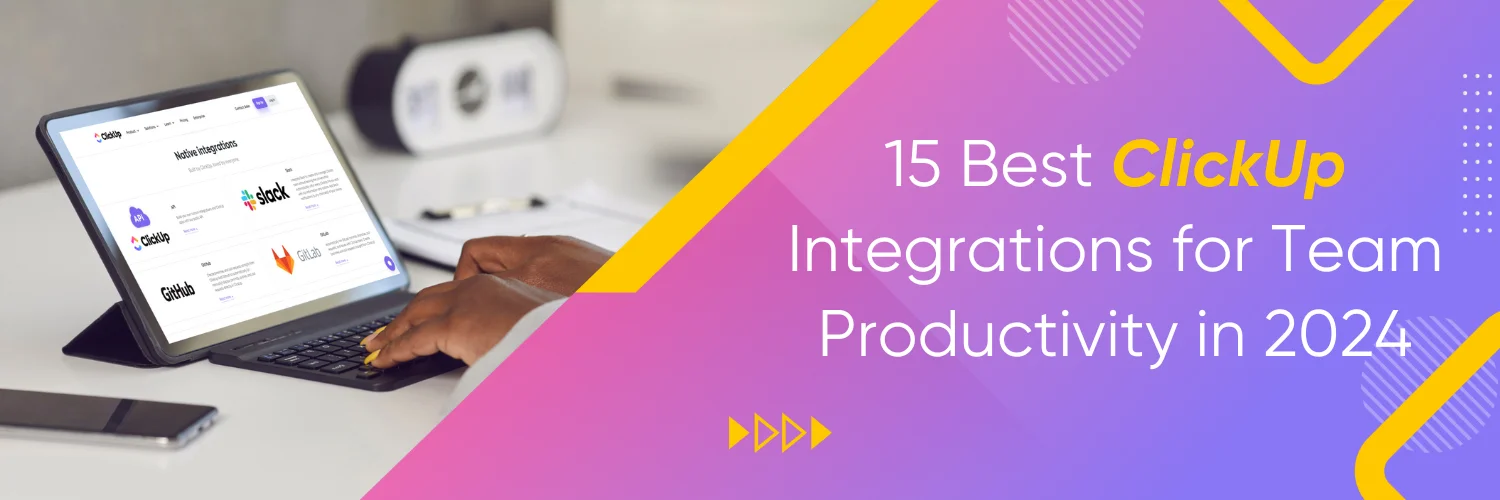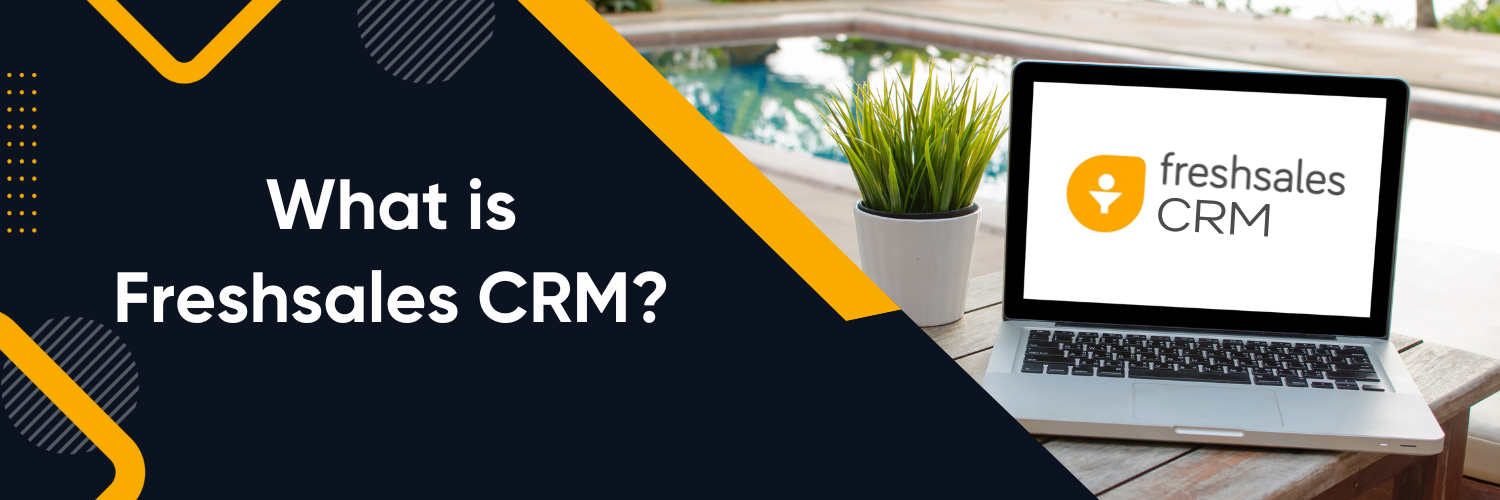Salesforce Overview

Salesforce is a leading cloud-based software company, specializing in customer relationship management (CRM). Its services have transformed business practices, enabling companies to manage their relationships and interactions with customers and potential customers more effectively. This blog aims to provide a comprehensive guide to understanding and utilizing Salesforce for your CRM needs.
What is Salesforce?

Salesforce is a cloud-based CRM platform that offers a wide range of products and solutions for businesses of all sizes. It started as a SaaS CRM company and has now diversified to offer more capabilities such as marketing automation, analytics, and enterprise applications. Developers can build highly customized apps using the Heroku cloud platform, and AppExchange supports the creation of business products. With Salesforce, businesses can track the customer journey, deliver better services, and gain customer loyalty. It requires no IT professionals to set up or manage and enables organizations to engage with customers in a whole new way.
Pros and Cons of Salesforce
Salesforce is a popular CRM tool that offers a range of benefits for businesses of all sizes.
One of the major advantages of Salesforce is its speed and ease of use, which can save businesses time and money. Salesforce is also highly customizable, allowing businesses to tailor the platform to meet their specific needs. Additionally, Salesforce seamlessly integrates with a variety of third-party apps, making it a versatile tool for businesses looking to streamline their operations.
However, there are some potential drawbacks to using Salesforce as well. The cost of the platform can be a barrier for smaller businesses, and there may be a learning curve for employees who are not familiar with the platform. Additionally, some businesses may find that Salesforce’s features and functionality are not a good fit for their specific needs. Overall, Salesforce is a powerful tool that can offer significant benefits for businesses, but it is important to carefully consider the platform’s pros and cons before making a decision
Brief History of Salesforce
Founded in 1999, Salesforce pioneered the concept of delivering enterprise applications via a simple website. They have consistently been at the forefront of innovation in the CRM space, introducing features like the AppExchange, an application marketplace for third-party apps integrated with Salesforce.
Importance of Salesforce in CRM
Salesforce’s suite of products is vital in CRM because it offers businesses an integrated platform to manage all their customer interactions across different channels. It provides a 360-degree view of customers, helping businesses to understand and anticipate their needs better.
How to Use Salesforce for CRM

Here’s a step-by-step guide to using Salesforce for CRM:
- Create a Salesforce Account: First, you’ll need to create a Salesforce account. Visit the Salesforce website and sign up for a free trial account to explore its features. Salesforce offers different editions tailored for businesses of all sizes, so you can choose the one that fits your needs the best.
- Understand the Salesforce Dashboard: Once you’ve set up your account, the first page you’ll see is the Salesforce Dashboard. This is where you can view a snapshot of the various metrics or reports of your business. It provides quick insights into sales performance, marketing campaigns, customer service, and more.
- Set Up Your CRM: Setting up your CRM involves several steps. Here are the main ones:
- Import Data: Salesforce allows you to import your existing customer data from different sources, such as Excel, Google Contacts, or other CRM systems. This makes it easy to transition your CRM operations to Salesforce.
- Create Custom Fields: You may need to create custom fields to store specific information about your customers, which isn’t available in the standard fields. Salesforce allows you to customize your CRM to suit your unique business needs.
- Establish Your Sales Process: Define the stages of your sales process within Salesforce, from initial contact to closing a deal. This helps you manage your sales funnel more effectively and can be customized to match your unique sales cycle.
- Utilize Key Features: Salesforce provides several key features that help you manage customer relationships. These include:
- Contact Management: You can store comprehensive information about your customers, such as their contact details, communication history, social media activity, and more. This helps you understand your customers better and personalize your interactions with them.
- Lead Management: Salesforce helps you track and manage leads. You can set up automated lead scoring and assignment rules to ensure that leads are followed up promptly and by the right people.
- Opportunity Management: Salesforce allows you to track sales opportunities and associated details like the potential revenue, stage of the sales process, lead source, and probability of closing. This helps you focus on the most promising opportunities.
- Task and Event Tracking: You can track all your tasks, events, and meetings related to your customers and sales process. This helps you stay organized and ensures you don’t miss any important activities or deadlines.
- Leverage Salesforce Analytics: Salesforce Analytics gives you real-time data and insights, allowing you to make informed decisions. You can use its various reporting tools to analyze your sales, marketing, and customer service performance and identify areas for improvement.
- Use Salesforce Mobile: Salesforce offers a mobile app that lets you access your CRM data on the go. This can be incredibly useful for sales reps and other customer-facing roles, ensuring they always have the most up-to-date information at their fingertips.
To get the most out of Salesforce for CRM, consider taking advantage of the many training resources available, such as Salesforce’s own Trailhead learning platform. Remember, every business is unique, so it’s important to customize Salesforce to meet your specific needs and processes.
Getting Started with Salesforce

Salesforce’s Cloud-based Services
Salesforce provides a multitude of cloud-based services like Sales Cloud for sales force automation, Service Cloud for customer service, Marketing Cloud for digital marketing, and more. These services can be customized and scaled according to the needs of your business.
Understanding Salesforce’s User Interface
The Salesforce UI is designed to be intuitive and user-friendly. The homepage provides an overview of tasks, opportunities, and recent activity. Other features include the App Launcher, which allows you to navigate between different Salesforce apps, and the global search bar for finding records quickly.
Creating your Salesforce Account
Creating a Salesforce account is straightforward. Visit the Salesforce website, click on ‘Try for Free,’ fill out the required information, and then click ‘Start my free trial.’ You’ll receive an email to verify your account, and you’re ready to get started.
Navigating Through Salesforce’s Features

Salesforce offers a wide range of features to manage customer relationships, track sales, deliver service, and more. Key features include Contact Management, Opportunity Management, Lead Management, Reports and Dashboards, and the AppExchange. Salesforce is a leading customer relationship management (CRM) platform that offers a wide range of features and capabilities to help businesses manage their sales, marketing, service, and other customer-related processes. Here are some key features of Salesforce:
- Contact and Account Management: Salesforce allows you to store and manage customer contact information and track interactions with accounts. It provides a 360-degree view of your customers, including their communication history, purchase behavior, and other relevant details.
- Sales Opportunity Management: Salesforce enables you to track and manage sales opportunities from lead generation to closure. You can create and assign tasks, set reminders, collaborate with team members, and track the progress of deals in the sales pipeline.
- Marketing Automation: Salesforce offers robust marketing automation capabilities to plan, execute, and track marketing campaigns. You can segment your audience, create personalized email campaigns, track campaign performance, and analyze the effectiveness of your marketing efforts.
- Customer Service and Support: Salesforce provides tools for managing customer service and support processes. You can log and track customer issues, assign cases to agents, track response times, and monitor customer satisfaction. It also allows for self-service options like knowledge bases and online communities.
- Analytics and Reporting: Salesforce offers built-in reporting and analytics tools to help you gain insights into your sales, marketing, and customer service activities. You can create customizable dashboards and reports to track key performance indicators (KPIs), measure the effectiveness of your strategies, and make data-driven decisions.
- Workflow Automation: Salesforce allows you to automate repetitive tasks and streamline business processes through its workflow and process automation features. You can define workflows, set up approval processes, and automate routine tasks, saving time and reducing manual errors.
- Mobile App: Salesforce provides a mobile app that allows you to access and manage your CRM data on the go. You can view customer information, update records, collaborate with team members, and stay connected with your business anytime, anywhere.
- Integration Capabilities: Salesforce offers robust integration capabilities with other business systems and applications. You can integrate Salesforce with your email client, marketing automation tools, accounting software, and other third-party applications to streamline data flow and enhance productivity.
- AppExchange: Salesforce’s AppExchange is a marketplace where you can find and install third-party apps and extensions to extend the functionality of Salesforce. It offers a wide range of pre-built apps, integrations, and industry-specific solutions to meet your unique business needs.
- Security and Data Privacy: Salesforce prioritizes the security and privacy of customer data. It provides enterprise-grade security features, such as user authentication, data encryption, and access controls. It is also compliant with various data privacy regulations, including GDPR and CCPA.
- Exploring the Dashboard and Reports: The Salesforce dashboard provides a visual representation of your business data. You can create multiple dashboards for different purposes. Reports allow you to analyze your business data in detail. Salesforce provides a variety of report types, such as tabular, summary, and matrix reports.
- Understanding the Role of Salesforce Objects: In Salesforce, objects are used to store data. Standard objects include leads, contacts, accounts, and opportunities. Custom objects can be created to store information unique to your business. Understanding these objects is key to managing your data effectively.
Utilizing Salesforce for CRM

- Salesforce and Customer Relationship Management (CRM): Salesforce offers a robust CRM solution that integrates all aspects of customer interaction, providing a comprehensive view of each customer in real-time. This enables businesses to provide personalized experiences, leading to stronger customer relationships and increased loyalty.
- How Salesforce Aids in Sales and Marketing: Salesforce helps streamline sales and marketing processes. For sales, features like lead and opportunity management help teams track potential customers and close deals more effectively. For marketing, Salesforce offers tools to create and manage campaigns, track their effectiveness, and generate leads.
- Harnessing Salesforce for Customer Service: Salesforce’s Service Cloud provides tools for customer service, including case management and a knowledge base. These tools allow businesses to resolve customer issues efficiently and provide superior customer experiences.
Advancing Your Salesforce Skills

- Salesforce’s Advanced Features: As you become more familiar with Salesforce, you can explore its advanced features. For example, Salesforce Einstein is an AI-powered tool that provides predictive insights, automation, and recommendations. Another feature, Lightning Flow, allows you to automate complex business processes.
- Tips for Salesforce Power Users: For power users, understanding Salesforce’s architecture and mastering advanced features is key. Utilizing keyboard shortcuts, learning SOQL (Salesforce Object Query Language), and becoming adept at customizing your Salesforce platform can boost productivity.
- Integrations and Add-ons to Enhance Salesforce Capability: Salesforce can be integrated with a wide range of other software, enhancing its functionality. Also, the AppExchange hosts thousands of third-party applications that can be added to your Salesforce platform to meet specific business needs.
Salesforce and Data Security

Understanding Salesforce’s Security Model: Salesforce is built on a robust security model that protects customer data. It includes user authentication, user permissions, data encryption, and more. As a Salesforce user, you have various controls to ensure your data is secure.
Best Practices for Keeping Your Salesforce Data Secure: Best practices include enforcing strong password policies, regularly auditing user access and permissions, enabling two-factor authentication, and ensuring all integrations meet Salesforce’s security standards.
Training and Support for Salesforce Users

- Utilizing Salesforce’s Help and Training Resources: Salesforce offers a wide range of help and training resources, including Trailhead (a free online learning platform), user guides, webinars, and more. These resources can help users understand Salesforce’s capabilities and how to use them effectively.
- Finding External Training and Support Resources: Apart from Salesforce’s own resources, there are many external training options, such as online courses, training workshops, and certification programs. You can also find support on forums and social media platforms where Salesforce users share their knowledge and experiences.
- Salesforce Community and Networking: The Salesforce community is a great place to connect with other users, share ideas, and find solutions to common challenges. It includes the Salesforce Community Cloud, user groups, and events like Dreamforce.
Conclusion

In conclusion, mastering Salesforce and fully utilizing its potential is key to enhancing your customer relationship management, increasing productivity, and ultimately driving your business to new heights of success. However, successfully navigating this robust CRM platform can be a challenging task. That’s where Ubique Digital Solutions comes into play. As your digital partner, we are committed to providing you with a seamless Salesforce experience. Our team of experts is well-versed in all aspects of the platform and is ready to guide you on the path to success. You’ve taken the first step by educating yourself on the potential of Salesforce, now it’s time to put that knowledge into action. Don’t just stay informed—get involved. Follow and partner with Ubique Digital Solutions today, and let’s take your business from vision to reality. Your success story is just a click away.
FAQs
Q: How can Salesforce benefit my business?
Salesforce offers an integrated platform to manage all your customer interactions, helping you to better understand and serve your customers. It also provides tools to streamline your sales, marketing, and customer service processes, increasing efficiency and productivity.
Q: Is Salesforce suitable for small businesses?
Yes, Salesforce offers scalable solutions that can be customized to meet the needs of businesses of all sizes, including small businesses.
Q: How secure is my data on Salesforce?
Salesforce takes data security very seriously. It has a robust security model and provides users with controls to protect their data. It also complies with major global data protection regulations.
Q: How can I get trained in Salesforce?
Salesforce provides a range of training resources, including Trailhead, user guides, and webinars. There are also many external training options, such as online courses and certification programs.












